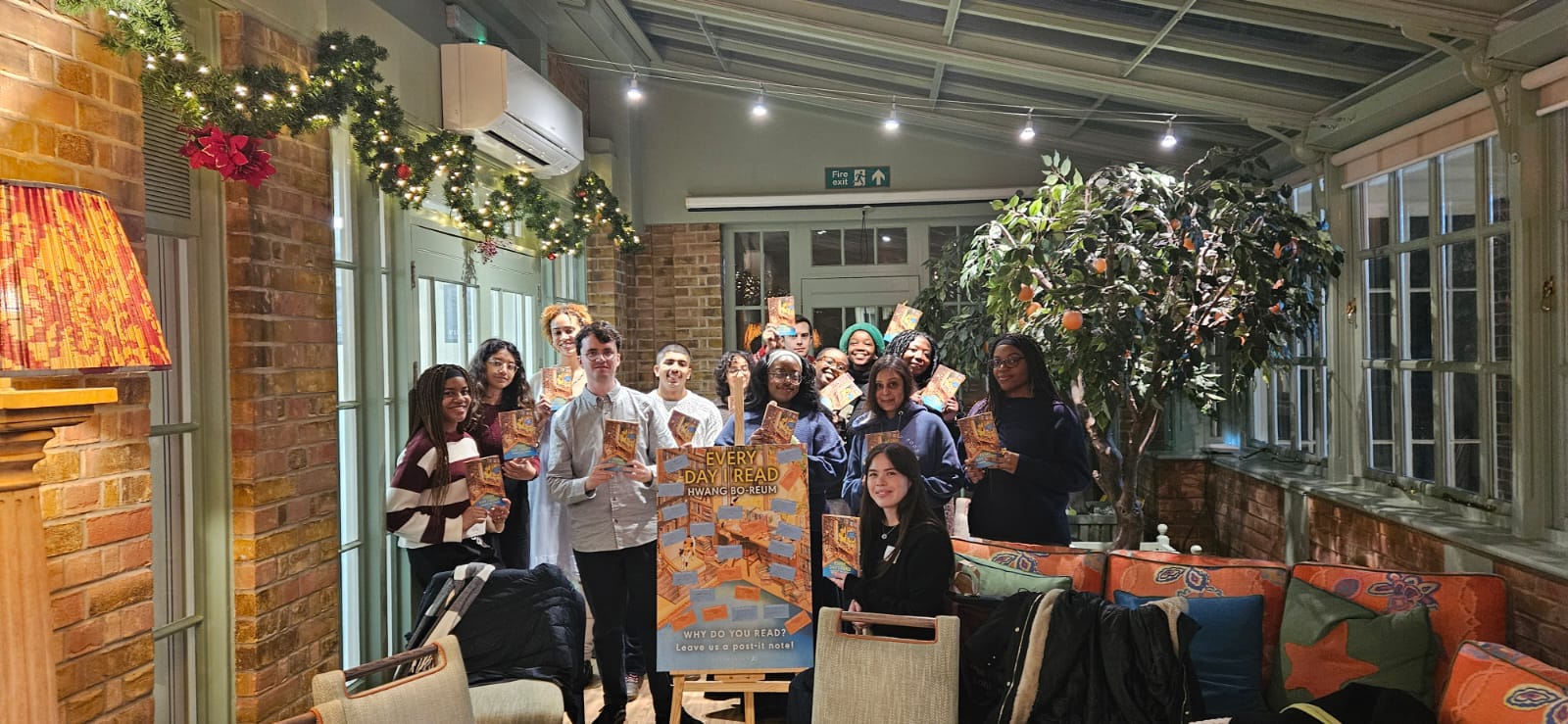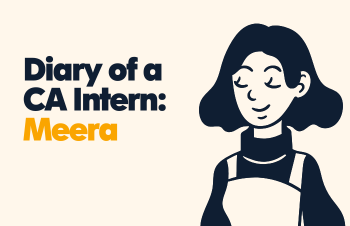We are always pleased to be able to share our interns experiences and this blog is no exception. Isha was an intern at Literary Agency Furniss Lawton between September 2014 and August 2015. She is now working their permanently.
Here are Isha’s Top Tips for anyone applying to work or intern with a literary agency:
- READ. Specifically, make sure you’ve read at least two books published this year. You need to be able to talk about recent books, so if you spent three years at university studying books written before 1900 (like me), make sure you brush up on your contemporary knowledge
- Know what a literary agent does, and the different between a literary agency and a publishing house (e.g. Penguin Random House, Hachette, HarperCollins, PanMacmillan) – if you’re asked why you want to work in one instead of the other, you should have an answer prepared.
- Research the literary agency you’re applying to (the agency website, Bookseller articles, just a good Google!) – what recent books have their authors written, what genres do they represent, is there anything you like/recognise and can comment on?
- Remember: publishing is a business. Be aware of genres in the market – what kind of books are doing well at the moment (for example, psychological crime thrillers in fiction; healthy eating and colouring books in non-fiction), what books are in the Top 10 bestseller list (e.g. some of the best-selling fiction of 2015: The Girl on a Train, Elizabeth is Missing, The Miniaturist), what genres do you read yourself etc.
- Literary agencies are made up of various departments e.g. Contracts, Foreign Rights, Accounts – if straight up agenting doesn’t strike your fancy but you still want to work with books, utilise the skills you may already have. For example, you could use your expertise in Spanish/French/German to work in Foreign Rights, or your Law degree to work in Contracts.
- Join Twitter! Follow literary agents and professionals in publishing. Twitter’s a great resource to keep updated on what’s happening in publishing, especially as agents and publishers will tweet about their latest projects.
- Finally: be proactive, be passionate, be prepared!
As well as giving her top tips on securing an internship at a literary agency, Isha also shared her views on why Creative Access internships are so valuable…
I found Creative Access through Twitter and was lucky enough to secure my internship at Furniss Lawton – exactly the sector of the publishing industry I was interested in.”
“For me, what was so valuable about what Creative Access offered was the length and structure of the internship. When you’re just out of a short internship, working at a temp job, writing essay length cover letters no one responds to and pouring over job sites hoping to find work you’re actually passionate about, a year-long, paid internship at a literary agency couldn’t be better.
“Creative Access ensures that your company designs a training structure geared around your personal development. My training ranged from learning about pitching and writing feedback to writers, to tracking sales figures and getting to grips with accounts. This gave me a cohesive grounding in how literary agencies function. Since I’ve started, I’ve learned so much about the commerciality of publishing, the relationships between agents and editors, the way the market works – things you only pick up on the job over an extended period of time.
What’s rare about the Creative Access programme is that you’re partnered up with a mentor, a senior professional in another part of the company who reviews your progress with you – my mentor was someone in management, someone I wouldn’t really have access to in the same way if I was just a new starter.
The mentoring framework makes you accountable in a positive way; I was conscious I needed to work on something each month to maximise my experience – and it was great having someone in management rooting for me!
After my year, I knew I wanted to continue working at a literary agency, and when I was offered a permanent role, I jumped at the chance. I spent a large portion of my internship reading and sifting through submissions, I’ve given feedback to senior literary agents, and I’ve read drafts of their authors’ works-in-progress – the best thing has been getting to know their tastes and securing their trust in my opinions and recommendations. For book lovers and aspiring literary agents – it doesn’t get better than this!




